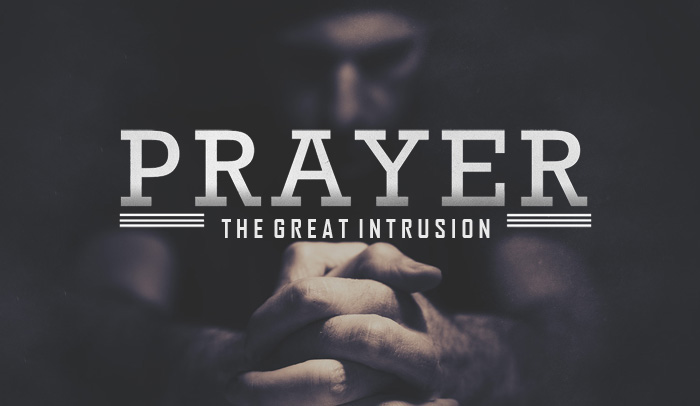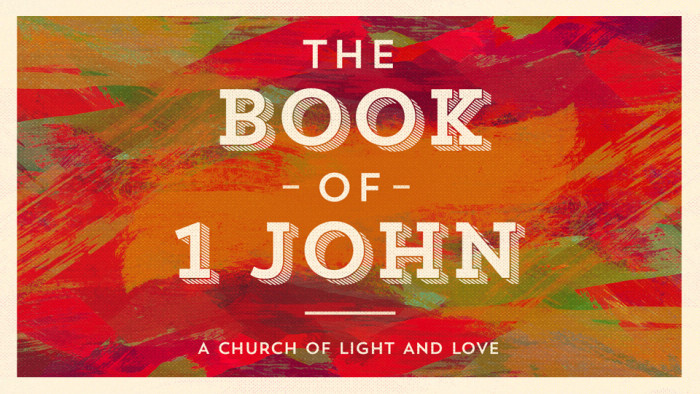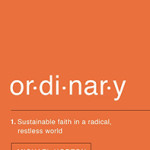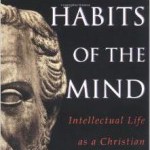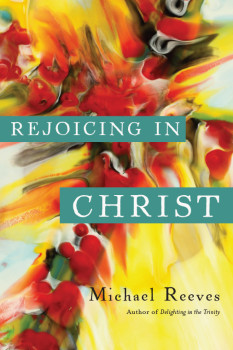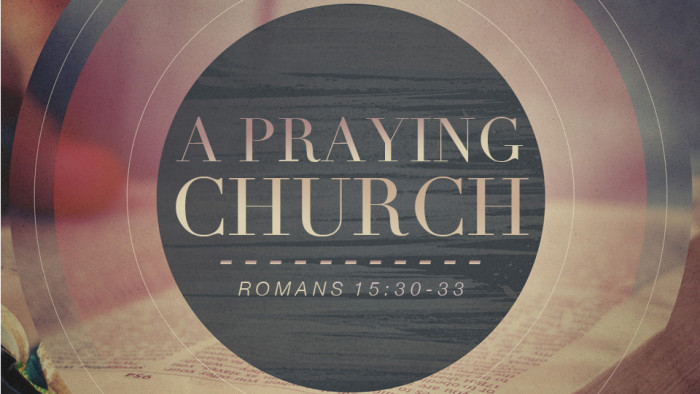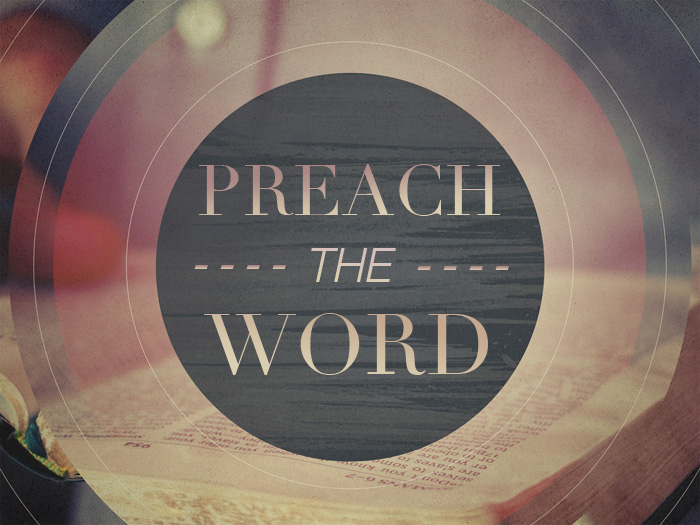
Mark Twain once wrote to a student, “When you catch an adjective, kill it. No, I don’t mean utterly, but kill most of them—then the rest will be valuable.”
Now, I’m not one to argue with good Mr. Clemens (Twain’s real name), for he is right on the whole. Yet, there are indeed times when adjectives are not only useful, but vital. For instance, it’s a glorious thing to be called a preacher, but what kind of preacher do you want to be? This is where modern man’s adjectival tendencies can help.
WHAT KIND OF PREACHER ARE YOU?
As I listen to modern evangelical sentiment I hear two dominant descriptions for good preaching; descriptions many a pastor long to embody. These are desirable at a certain level, but they are – I believe – ultimately found wanting.
“He’s an entertaining preacher.” This is good to an extent; no preacher should aspire to be boring. Yet, the preacher is not fundamentally an entertainer, he’s a herald. Piper is classic on this when he says, “Laughter seems to have replaced repentance as the goal of many preachers. Laughter means people feel good. It means they like you, it means you have moved them. It means you have some measure of power. It seems to have all the marks of successful communication – if the depth of sin and the holiness of God and the danger of hell and need for broken hearts is left out of account.” “Entertaining” is normally synonymous with humor-filled, anecdote-saturated sermons. Comedians and thespians are entertainers, we preachers are not.
“He’s an authentic preacher.” Amen, let’s be authentic. Hypocrisy has no place at the sacred desk. My problem, generally, with this moniker is that by “authentic” most people seem to mean “he’s honest about his struggles.” I have many thoughts on this matter and might write more about it one day, but for now I must simply say the pulpit is not the pastor’s confessional. To ordinarily use the sermon as an occasion to reveal your brokenness can be wise. But it seems to be more often, unintentionally so, a way to put the messenger – not the message – in the spotlight.
If these two popular advertisements are not ideal, what heraldic description should we preachers desire? Many possibilities exist, but let me suggest one worth your consideration: “He’s a weighty preacher.”
How often do you hear preachers celebrated for their spiritual, sermonic girth?
SPIRITUAL WEIGHT-LIFTERS
Now I have heard, on occasion, a man described as being “a deep preacher.” While, on the face of it, “deep” seems akin to “weighty,” I don’t think they are actually close in meaning. In my experience “deep” preaching is normally layman’s code for, “That preacher, he’s really smart.” Preachers ought to be smart, but “smart” isn’t the adjective we want to reign supreme.
But “weighty”? That’s a word we ought want to fly over our preaching. Weighty means much more than “smart,” “erudite,” or “profound,” what people usually associate with “deep” preachers. “Weighty” is a God-praising, Christ-exalting, and Spirit-empowered adjective. Here’s why I feel I can say that with such certainty: our God is consumed with weight. Any Hebrew 101 student can tell you the Hebrew word for “glory” is kabod. And what does kabod literally mean? You got it; “weight.” Like Jonathan Edwards said, God’s glory is the weight of all that He is, the fullness of his understanding, virtue, and happiness.
So then, weighty preaching is glory-filled preaching.
Have you ever walked away from a sermon feeling the majesty of God and magnificence of Jesus p r e s s i n g on your soul? If so, you’ve sat under weighty preaching.
The preaching event, and I mean this reverently, is not unlike spiritual weight-lifting. A preacher is like a personal trainer who puts weights in the hands of his trainees. In this analogy weight isn’t a barbell packed with 45lb. plates, it’s the fullness of God – which comes through His word and spirit. And the trainee is a church member who, with the preacher’s help, finds his or her spiritual strength increasing over time. The preaching event is spiritual weight-lifting.
All this to say, just like a weightlifter experiences the heaviness of a squat or bench press, weighty preaching is something a congregation feels. And that happens when the following two things are true about a preacher and his sermon.
IT’S A WEIGHTY FEELING
His matter is weighty. Oh, how I wish we could take this for granted! But we dare not. Wherever the text is in sacred Scripture, it is part of the unsearchable riches of Christ. It has been breathed out by God for the exaltation of His name and the edification of His people. God’s truth is happily heavy. Every word of it. Our sermons then must reflect this in their matter. We don’t enshroud the weighty word of God with an airy atmosphere of light anecdotalism. We trim off sermonic fat in order to give ’em red meat for their soul.
And that which is heavy must be handled is a specific way. Here then is the second thing essential to weighty preaching.
His manner is weighty. The enemy of weightiness, clearly, is lightness. The people of God will never feel the weight of God if the preacher floats around like a leaf during delivery. We are heralds of the Holy, not simple hucksters of the happy. Let us be men rooted in reverence and full of fear – the soul-gripping, heart-panting fear of God. In our ascent to the sacred desk may we be like Moses in his descent from the sacred mountain: aglow with the glory of God.
So, yes, strive to be engaging and authentic in your preaching. But strive ever more for the weight of God to mark your matter and manner in preaching.
Our God is a consuming fire and He wants His shepherds to preach as those consumed . . . consumed with His glory. He wants weighty preachers. May He makes us all into such men.

